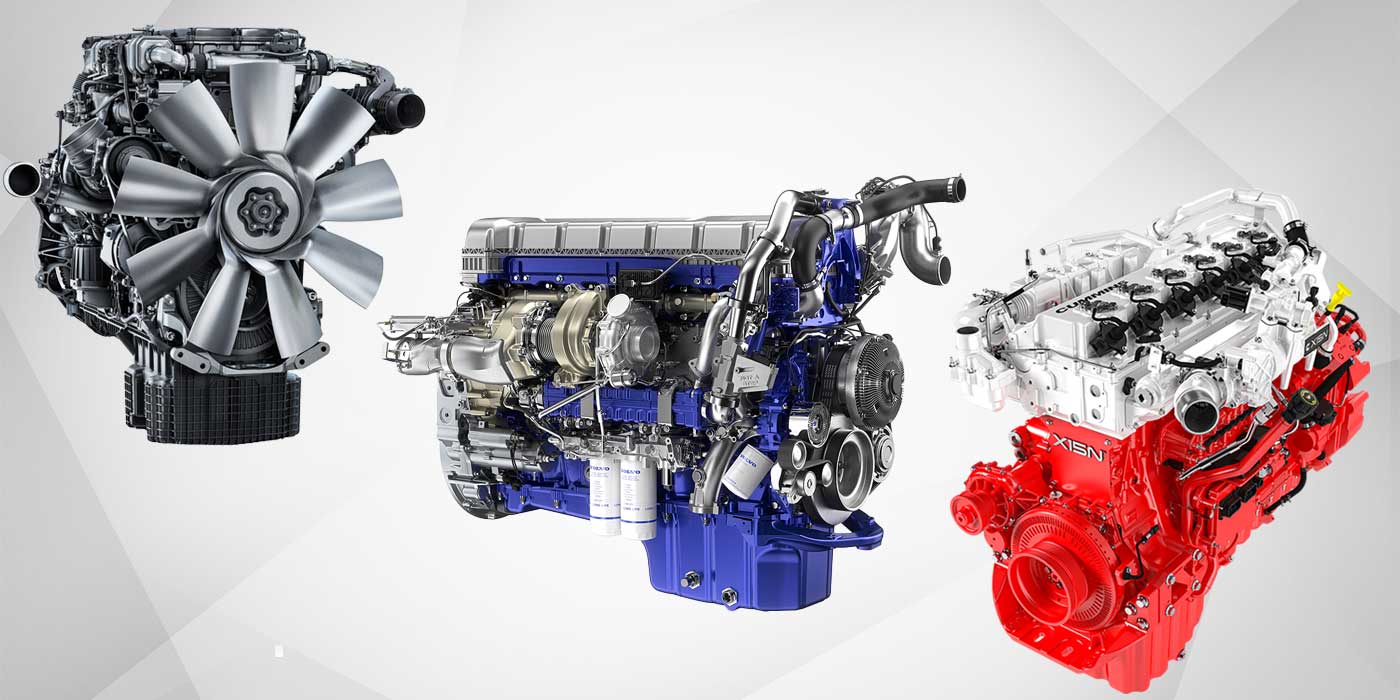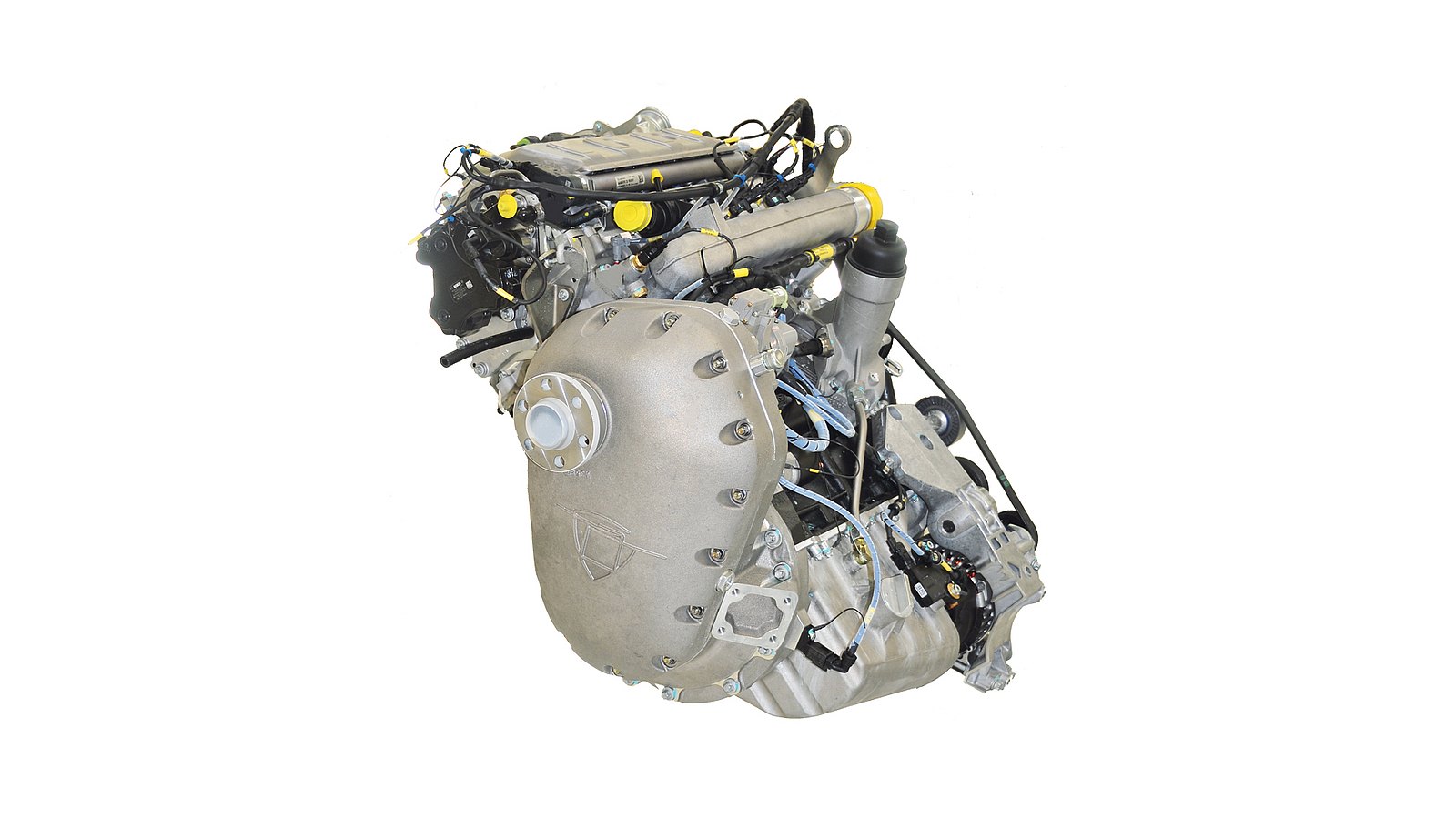Why Businesses Prefer Engines For Africa for Their Fleet
Why Businesses Prefer Engines For Africa for Their Fleet
Blog Article
Explore a Variety of Engines for each Lorry and Objective
The automotive landscape is progressively complicated, with a diverse variety of engine kinds created to satisfy details performance and effectiveness demands across numerous lorry categories. From the high-performance engines that power sports automobiles to the fuel-efficient options tailored for daily commuting, the selections are substantial and differed. In addition, sturdy engines offer the requirements of work cars, while green alternatives are acquiring traction in the pursuit of lasting transport. Comprehending these differences is crucial for making informed choices, specifically as arising innovations continue to form the future of auto design. What ramifications might these developments hold for consumers and suppliers alike?
Kinds of Automotive Engines
Automotive engines can be categorized right into several distinctive types, each designed to satisfy details efficiency and performance demands. One of the most typical categories include inner combustion engines, electrical engines, and crossbreed systems.

Electric engines, on the various other hand, operate electrical power kept in batteries, giving immediate torque and zero discharges. These engines are becoming progressively preferred due to advancements in battery innovation and the growing emphasis on sustainability.
Hybrid systems integrate both inner combustion and electrical engines, enabling cars to maximize fuel performance and minimize emissions by perfectly switching over in between power sources. Each engine kind provides its drawbacks and benefits, affecting elements such as automobile layout, intended use, and market demand. Recognizing these differences is important for suppliers and consumers alike when picking the suitable engine for their particular demands.
Efficiency Engines for Sports Cars
Efficiency engines for sporting activities vehicles are particularly engineered to provide enhanced rate, dexterity, and power, setting them besides standard automotive engines. These engines frequently utilize advanced modern technologies such as turbocharging, supercharging, and variable shutoff timing to maximize performance and responsiveness.
Typically, efficiency engines are made with greater compression ratios, which permit greater power extraction from fuel. This leads to excellent horsepower and torque figures, enabling quick velocity and higher top rates. The lightweight materials utilized in these engines, such as aluminum and carbon fiber, add to lowered total automobile weight, enhancing handling and ability to move.
Engine setups like V6, V8, and also hybrid systems are typical in efficiency sports autos, each offering distinct benefits in regards to power delivery and driving characteristics. The tuning of these engines is also essential; many manufacturers enhance the engine monitoring systems to give a thrilling driving experience, frequently consisting of sport modes that adjust throttle action and equipment shifts.
Efficient Engines for Daily Commuters
In the world of day-to-day commuting, reliable engines play a vital role in maximizing gas economic climate and decreasing discharges while providing trustworthy efficiency. As urban populations expand and ecological issues increase, the demand for vehicles geared up with reliable powertrains has actually risen.
Modern engines developed for everyday travelers often include modern technologies such as turbocharging, direct fuel injection, and hybrid systems. Turbocharging boosts engine performance by forcing more air into the burning chamber, permitting smaller, lighter engines that do not compromise power output. Direct gas shot enhances gas atomization, causing far better burning and increased efficiency.
Hybrid engines, incorporating internal combustion with electric power, more augment gas economy, especially in stop-and-go web traffic, where conventional engines can deal with ineffectiveness. Electric motors assist during velocity and can run individually at reduced speeds, decreasing overall gas consumption.
Additionally, developments in engine administration systems and lightweight materials contribute dramatically to reliable engine layout. By concentrating on performance, toughness, and environmental sustainability, producers continue to supply engines that not just satisfy the needs of day-to-day travelling but also line up with international efforts to decrease carbon impacts.
Heavy-Duty Engines for Work Autos
Sturdy engines for work vehicles are consistently engineered to deliver phenomenal torque and dependability under demanding problems. These engines are designed to execute in atmospheres where conventional engines might falter, such as construction websites, logging operations, and farming settings. The main focus of sturdy engines is their capability to generate high levels of power while maintaining longevity over prolonged durations of operation.
Generally, sturdy engines utilize innovative materials and durable building methods to withstand the rigors of heavy workloads. Functions such as enhanced cylinder blocks, boosted air conditioning systems, and progressed gas shot technologies add to their effectiveness. These engines usually operate at lower RPMs, which aids to enhance gas effectiveness while offering the essential power for hauling and pulling.
Along with mechanical robustness, durable engines are often geared up with innovative electronic control units (ECUs) that handle efficiency, discharges, and diagnostics. This assimilation allows for better tracking and upkeep, guaranteeing that job vehicles stay reliable and functional.
Inevitably, sturdy engines are an important element in the efficiency of numerous sectors, giving the needed power and reliability to tackle the toughest of tasks.
Eco-Friendly Engine Options
The expanding emphasis on sustainability has actually brought about the development of environmentally friendly engine alternatives that prioritize decreased emissions and improved gas performance. These engines are made to decrease the ecological influence of automobiles while still delivering the performance and reliability anticipated by customers.
Among the most notable eco-friendly options are hybrid and electrical engines. Crossbreed engines incorporate typical interior burning engines with electrical propulsion, permitting decreased gas consumption and reduced greenhouse gas discharges. Electric engines, on the other hand, run totally on battery Go Here power, generating no tailpipe emissions and click this site contributing to cleaner air high quality.
An additional appealing advancement is the advancement of biofuel engines, which make use of renewable energies, such as plant materials, to power cars (Engines For Africa). By using biofuels, these engines can minimize dependency on nonrenewable fuel sources and lower general carbon impacts

As the auto market evolves, environmentally friendly engine alternatives will play an essential duty in driving the transition in the direction of more lasting transportation remedies.
Final Thought
The automotive sector offers a varied like this range of engines made to satisfy numerous car demands and functions. From high-performance engines that boost cars capacities to efficient models focusing on gas economic climate for day-to-day commuters, each type offers a specific feature. Sturdy engines satisfy robust job cars, while environment-friendly options, such as electric and biofuel engines, advertise lasting transport. This comprehensive variety ensures that all driving demands are resolved, contributing to improvements in auto innovation and environmental stewardship.

Report this page